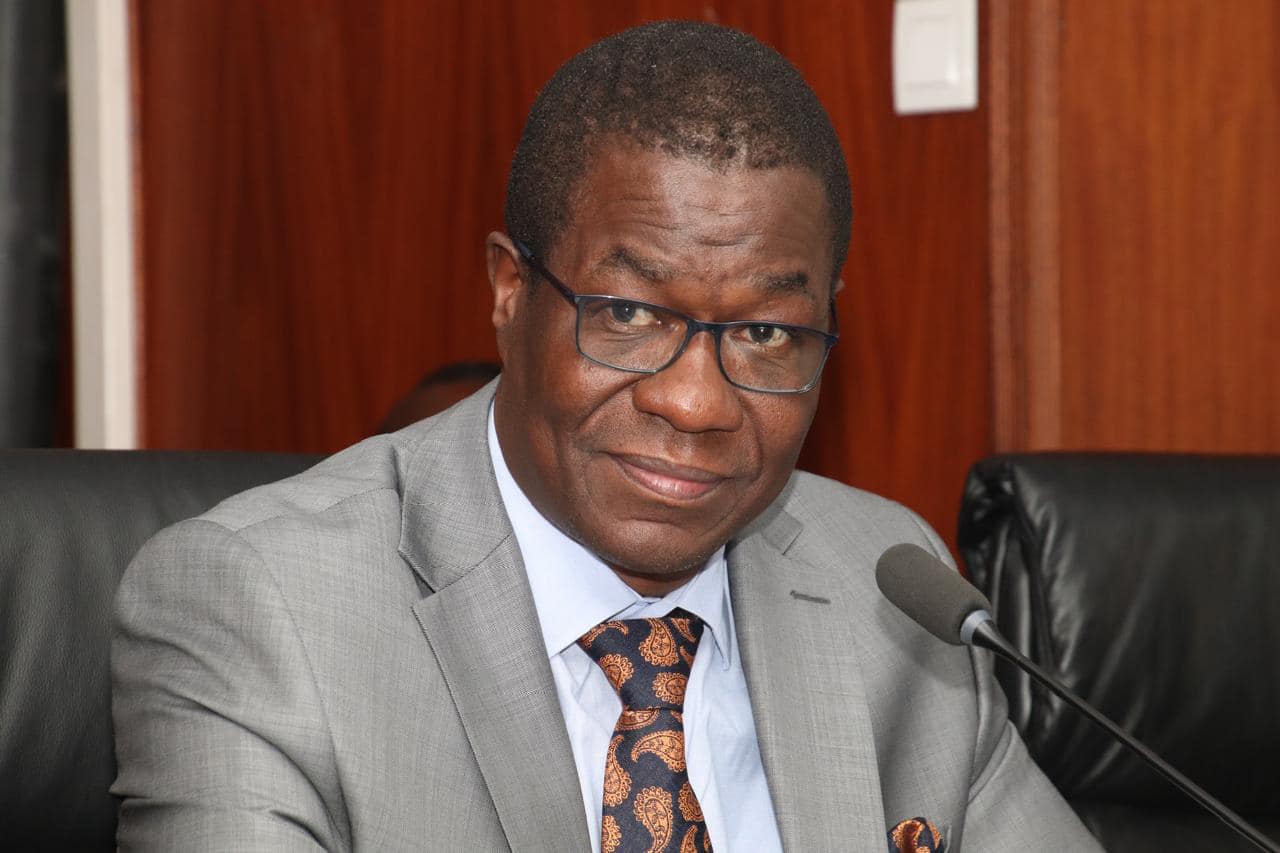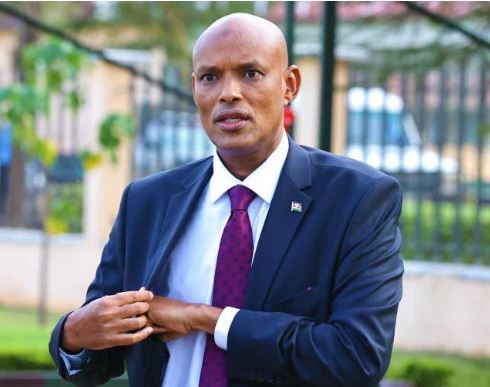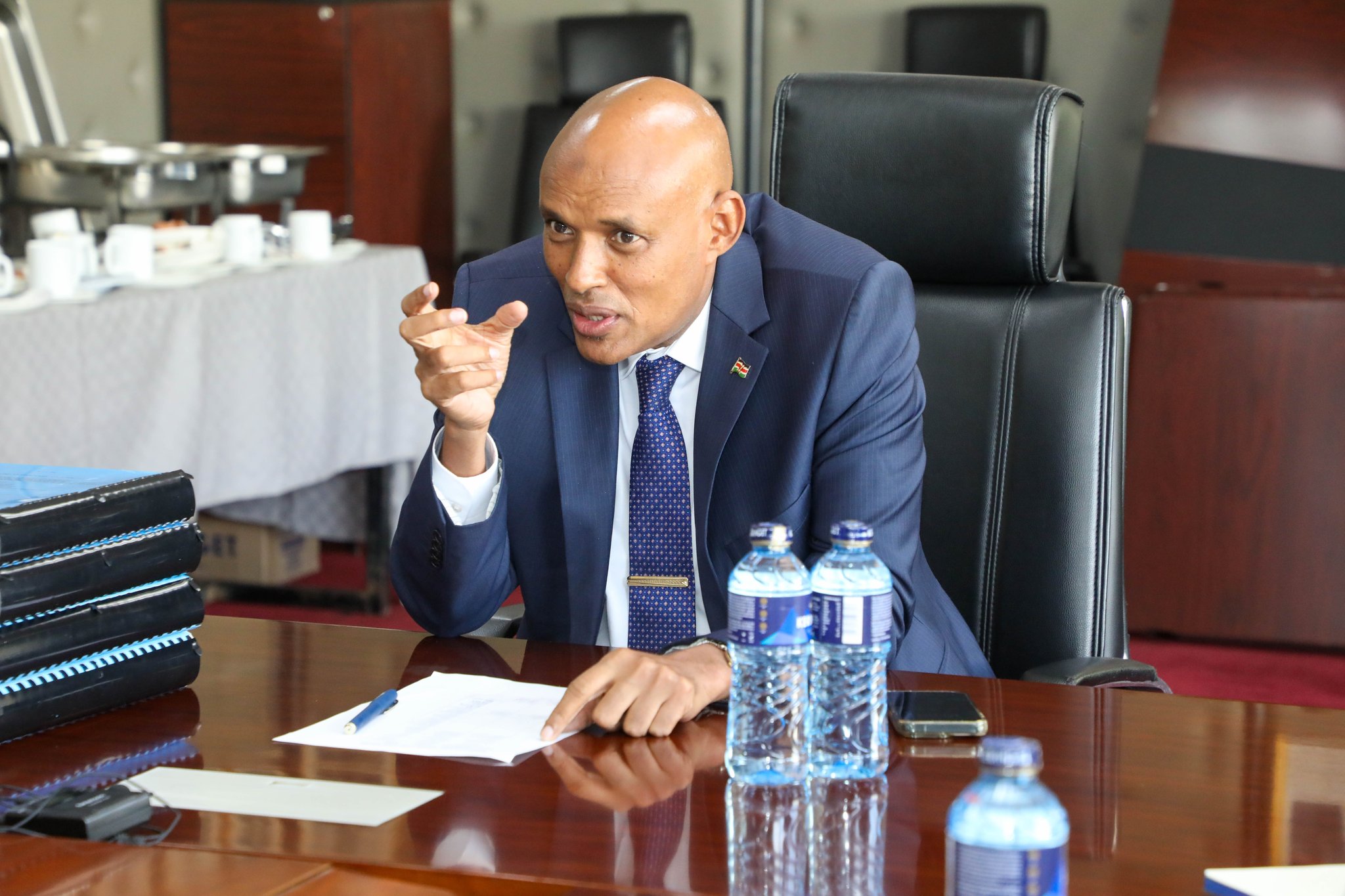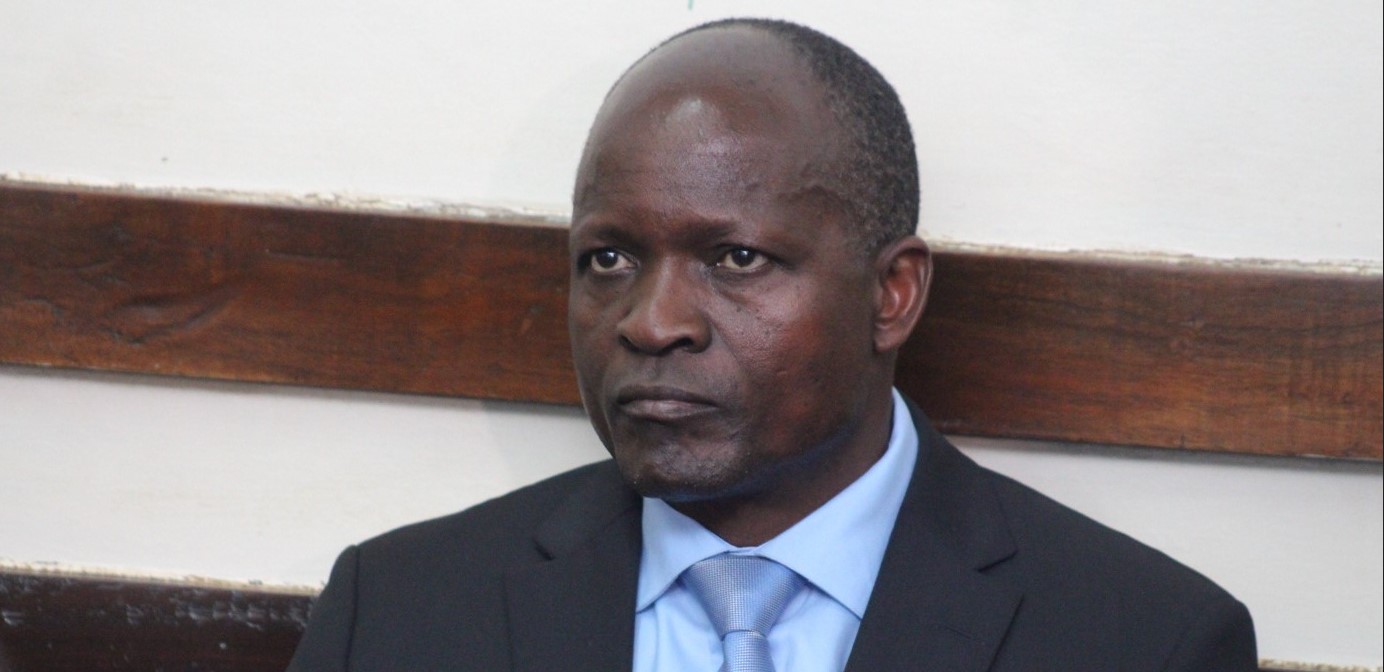National Assembly forced to intervene as Kenya Power-Nairobi County dispute escalates

In an attempt to resolve the dispute, the Nairobi County Assembly has proposed a debt swap, suggesting that Kenya Power offset its Sh4.8 billion wayleave fees against the Sh1.5 billion electricity bill owed by City Hall.
The National Assembly Committee on Energy has stepped in to address the escalating dispute between Kenya Power and Lighting Company (KPLC) and the Nairobi County Government, which has disrupted essential services and sparked national concern.
The conflict began when Kenya Power disconnected electricity to several Nairobi County offices on February 14, 2025, over an unpaid bill of Sh3 billion.
More To Read
- Businesses reeling: Nairobi faces massive losses after June 25 memorial unrest
- Court halts ouster of Nairobi housing chief Lydia Mathia amid eviction row
- Nairobi MCAs censure housing chief Lydia Mathia over evictions
- Nairobi unveils Bill to give public hospitals more autonomy and improve service delivery
- Kenya Power spent Sh151.7 billion, including billions on idle power, to guarantee supply – Wandayi
- No compensation for blackout losses, Energy CS Wandayi tells businesses
In retaliation, the county government took drastic measures, including dumping garbage outside KPLC headquarters, blocking sewer lines, and cutting off water supply to its buildings. The standoff has since escalated, prompting the committee to demand a resolution.
During a parliamentary session on Tuesday, Nyatike MP Tom Odege raised concerns about the impact of the dispute on Kenya Power employees and public services.
"We saw a very ugly standoff between Kenya Power and the Nairobi County government yesterday. Can the CS assure this committee that the matter is being addressed?" he asked.
Opiyo Wandayi, the Cabinet Secretary for Energy, assured the committee that he had engaged Nairobi Governor Johnson Sakaja to prevent further escalation.
"I engaged with Governor Sakaja on Monday to stop the escalation of the matter and restore normalcy as we explore ways of resolving the matter amicably," he said.
CS Wandayi clarified that Kenya Power does not owe the county any outstanding water bills and dismissed claims of unpaid wayleaves, citing the Energy Act of 2019.
"No public body shall charge levies on public energy infrastructure without the consent of the Cabinet Secretary in writing. As we speak, there is no such consent," he added.
The committee, however, condemned Nairobi County's retaliatory actions.
Mwala MP Vincent Musyoka, the committee chair, described them as criminal and urged all counties to fulfil their financial obligations without resorting to such measures.
"Disconnect everyone who is not paying bills, even if it means disconnecting governors' offices. This committee is committed to supporting you in this course," he declared.
Meanwhile, the Communications Authority of Kenya (CA) has also criticised Nairobi County for allegedly interfering with internet connectivity.
CA stated that the county's crackdown on unauthorised fibre optic cables had disrupted businesses and violated national ICT regulations.
"ICT infrastructure falls under national oversight according to the Constitution and KICA," the Authority stated.
Additionally, the National Environment Management Authority (NEMA) has ordered Nairobi County to remove the garbage it dumped at KPLC headquarters, citing environmental violations.
"The county must remove these vehicles and garbage immediately. Waste disposal should not be used as a weapon in disputes," said NEMA's Environmental Education Director Ayub Macharia.
In an attempt to resolve the dispute, the Nairobi County Assembly has proposed a debt swap, suggesting that Kenya Power offset its Sh4.8 billion wayleave fees against the Sh1.5 billion electricity bill owed by City Hall.
Majority Leader Peter Imwatok defended the county's drastic actions. "This is not a negotiation but a matter of accountability. KPLC must pay what it owes just as other companies like Safaricom do," he said.
Kenya Power, however, insists it has no pending wayleave payments and has condemned the county's actions as unlawful.
The Kenya Power Pension Fund (KPPF), which owns Stima Plaza, also criticised the county's move, saying it disrupted operations for multiple businesses.
As tensions persist, government agencies continue to push for a peaceful resolution to restore essential services and prevent further disruptions.
Top Stories Today












































